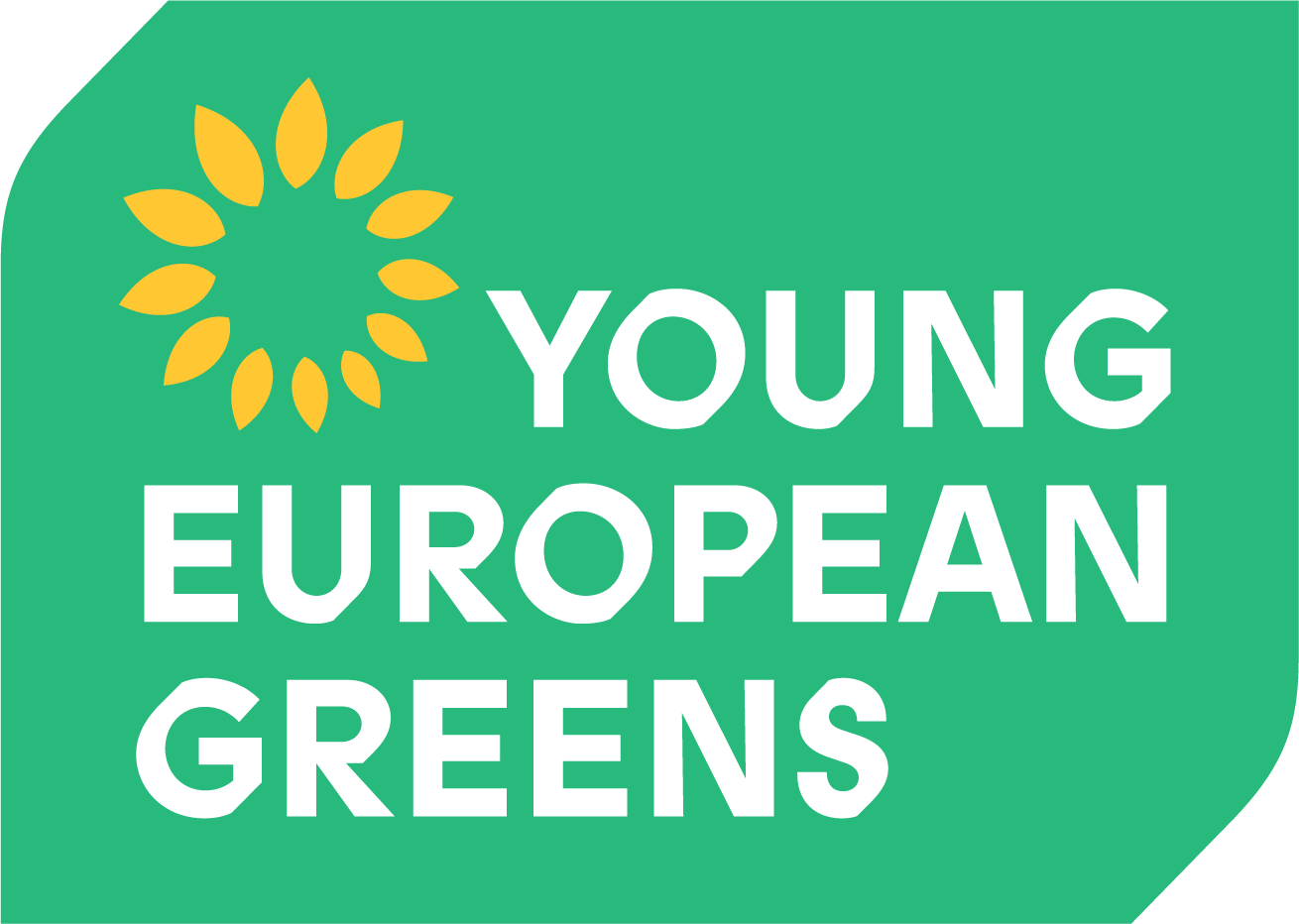| Consultation: | FYEG General Assembly 2025 |
|---|---|
| Agenda item: | 7. Resolutions |
| Proposer: | Ostra Zieleń - Young Polish Greens |
| Status: | Published |
| Submitted: | 04/22/2025, 21:28 |
R9: East Shield – Protecting Eastern European Countries and the EU Border
Motion text
FYEG reaffirms its unwavering commitment to the defence and sovereignty of the
European Union, and expresses its full solidarity with the countries most
exposed to Russian aggression, namely Finland, Estonia, Latvia, Lithuania,
Poland and Ukraine as an EU candidate.
In light of increasing Russian military provocations, disinformation campaigns,
sabotage operations, and hybrid warfare at the EU’s eastern borders, Europe must
act decisively.
The Kremlin continues to destabilise the region, most recently by engineering
migrant border crises and provoking armed incidents. The threat is no longer
theoretical — it is a lived reality for millions along the EU’s eastern
frontier, in countries most vulnerable to Russian aggression.
At the same time, the decreasing commitment of the United States to NATO and the
growing hostility of the Trump administration towards the EU introduce serious
strategic uncertainty. While NATO has long been the bedrock of European
security, we must now prepare for a scenario in which Europe must act more
independently to ensure its safety. The current geopolitical landscape demands
urgent action.
The Polish "East Shield" initiative provides an example of national commitment
to border defence through a combination of physical infrastructure, civil
defence, and military readiness. This effort must be expanded and Europeanised.
It is unacceptable that only frontline states bear the costs of defending the
entire Union.
FYEG supports the creation of a joint European "East Shield" system that
includes critical infrastructure investment, civil protection mechanisms, and
enhanced military coordination at the EU level. This system must not only serve
to deter Russian aggression, but also create the conditions for long-term
regional resilience — including integration of Ukraine into the same framework.
A core component of this system must be the development of a shared European
defence infrastructure outside of NATO. This includes investment in anti-missile
and anti-drone systems, construction of troop-ready transport corridors, and
large-scale military depots. Nature-based defence strategies, such as turning
buffer zones into wetlands and dense forests, must also be part of a broader
environmental and security strategy.
Additionally, we must strengthen our civilian protection capacity. This includes
the construction of public shelters, especially in schools, hospitals and
residential districts, the development of early warning and alert systems to
ensure the safety of civilians in the event of an attack, investment in civil
defence education, and the adaptation of critical infrastructure for dual-use
purposes during times of conflict.
FYEG calls for increased investment in satellite intelligence and the
development of a European alternative to systems like Starlink, to ensure secure
and independent data and communications networks in the event of war or
sabotage.
We stress the need to share the financial burden of defence equally. Western
European countries must provide financial and logistical support for the
frontline states that are defending the Union’s external border. Europe must
also ensure better coordination of national investments to avoid redundancy and
enhance interoperability.
FYEG calls on European governments and the European Union
to:
Immediately expand the Polish “East Shield” into a pan-European initiative with
equal financial participation from all EU member states;
Establish a European Border Defence Fund to support physical border
infrastructure, troop mobility, and counter-insurgency capabilities;
Increase funding for civil defence, including public shelters, emergency
training, and crisis communications systems;
Develop a European satellite and surveillance programme to ensure data
sovereignty and intelligence superiority;
Strengthen EU-wide military cooperation structures independent of NATO, focused
on anti-air, anti-drone, and rapid deployment capabilities;
Introduce nature-based defence strategies as part of a broader environmental
security agenda;
Coordinate national border defence investments to ensure efficiency,
interoperability, and full coverage of the eastern frontier.
Increase spendings on anti-drone and anti-missile defence as well as early-
detection systems.
Just as Ukraine stands as a barrier between Russian imperialism and the rest of
Europe, so too must the Eastern EU Member States be fortified to prevent
escalations, because only by being prepared and united we can avoid further
attacks on our sovereignty and deter Russia. A secure Europe begins with a
secure eastern border.
